A Golden Ticket to Creativeness: Revisiting Mel Stuart’s "Willy Wonka & the Chocolate Manufacturing unit" (1971)
Associated Articles: A Golden Ticket to Creativeness: Revisiting Mel Stuart’s "Willy Wonka & the Chocolate Manufacturing unit" (1971)
Introduction
With nice pleasure, we are going to discover the intriguing matter associated to A Golden Ticket to Creativeness: Revisiting Mel Stuart’s "Willy Wonka & the Chocolate Manufacturing unit" (1971). Let’s weave fascinating data and supply contemporary views to the readers.
Desk of Content material
A Golden Ticket to Creativeness: Revisiting Mel Stuart’s "Willy Wonka & the Chocolate Manufacturing unit" (1971)
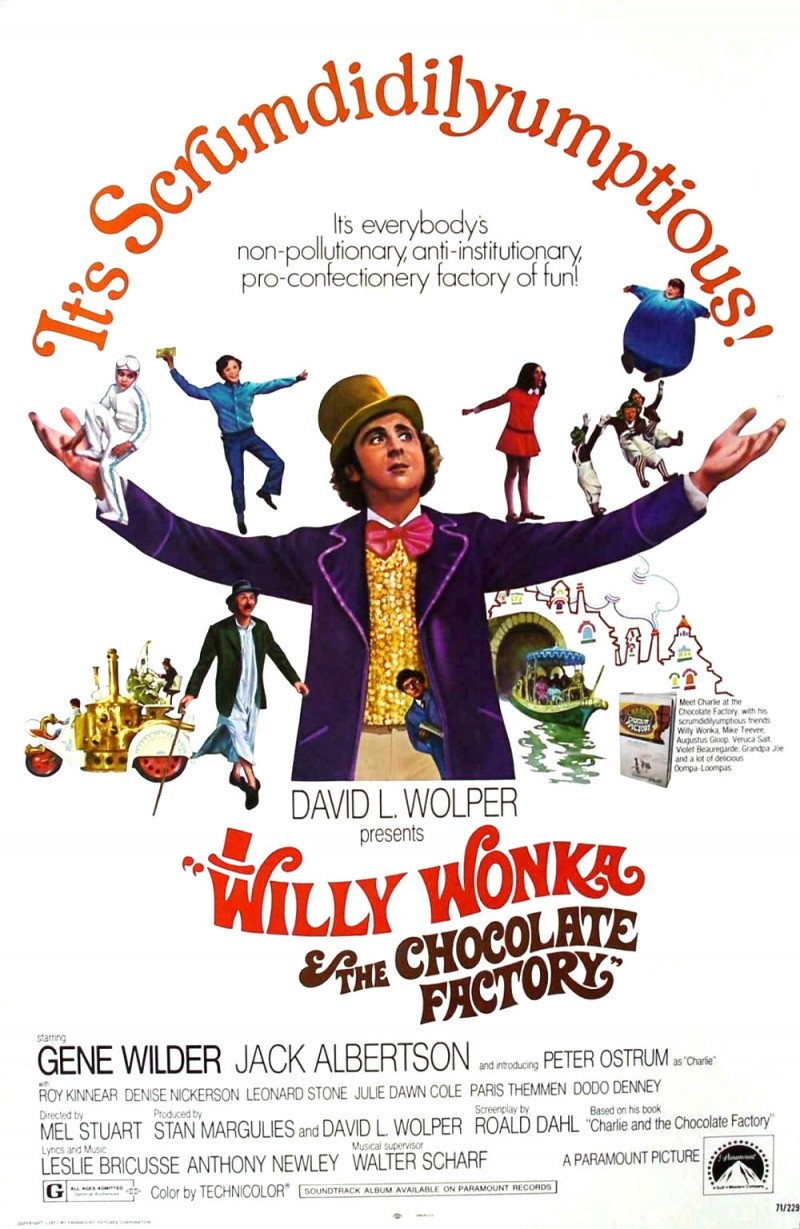
Mel Stuart’s 1971 adaptation of Roald Dahl’s "Charlie and the Chocolate Manufacturing unit" – extra generally generally known as "Willy Wonka & the Chocolate Manufacturing unit" – transcends its standing as a youngsters’s movie. It is a whimsical, unsettling, and finally deeply resonant murals that continues to captivate audiences many years after its launch. Greater than only a sugary confection, the movie is a potent allegory exploring themes of childhood, capitalism, creativeness, and the corrupting affect of greed. Its enduring enchantment lies not solely in its fantastical visuals and memorable musical numbers, but in addition in its surprisingly complicated and nuanced characters, leaving a long-lasting impression lengthy after the ultimate candy-coated curtain falls.
The movie follows the impoverished younger Charlie Bucket (Peter Ostrum), who finds a golden ticket hidden inside a Wonka chocolate bar, granting him entry to the enigmatic Willy Wonka’s (Gene Wilder) fantastical chocolate manufacturing facility. Accompanying Charlie are 4 different youngsters, every representing a unique vice: the gluttonous Augustus Gloop, the spoiled Veruca Salt, the gum-chewing Violet Beauregarde, and the television-obsessed Mike Teavee. Their respective fates inside the manufacturing facility function cautionary tales, highlighting the implications of unchecked indulgence and disrespect for guidelines.
Gene Wilder’s portrayal of Willy Wonka is nothing in need of iconic. His efficiency is a masterful mix of childlike surprise and unsettling eccentricity. He is a superb showman, able to each charming and terrifying his younger company. Wilder’s bodily comedy, his unpredictable shifts in demeanor, and his piercing gaze create a personality that’s each alluring and barely unnerving. He’s concurrently a benevolent benefactor and a mysterious determine whose motives stay partially obscured, including a layer of intrigue to the narrative. This ambiguity permits for a number of interpretations of Wonka’s character: is he a whimsical genius, a lonely recluse, or maybe even a subtly menacing manipulator? The movie intentionally leaves room for such interpretations, enriching the viewing expertise.
The movie’s visible spectacle is equally exceptional. The chocolate manufacturing facility itself is a panoramic creation, a vibrant and surreal panorama brimming with fantastical innovations and edible delights. From the chocolate river to the eternal gobstoppers, the Oompa Loompas, and the fantastical innovations, each element is meticulously crafted, making a world that feels each plausible and totally magical. The units are extremely detailed, and the particular results, whereas dated by as we speak’s requirements, possess a charmingly handmade high quality that provides to the movie’s general appeal. The movie’s vibrant shade palette, usually saturated and intensely shiny, additional enhances the sense of surprise and unreality.
The Oompa Loompas, diminutive employees who populate the manufacturing facility, are one other unforgettable component of the movie. Their unsettlingly cheerful songs, usually cautionary tales in regards to the youngsters’s misbehavior, are each catchy and subtly disturbing. The lyrics, tailored from Dahl’s e-book, act as ethical commentaries on consumerism, greed, and the hazards of unchecked indulgence. These musical interludes should not merely entertaining diversions; they’re integral to the movie’s thematic core, offering insightful critiques of societal norms and the pitfalls of unchecked ambition. Their unsettlingly synchronized actions and barely unnerving look add to the movie’s general surreal environment.
Past the surface-level leisure, "Willy Wonka & the Chocolate Manufacturing unit" delves into deeper thematic considerations. The movie explores the attract and risks of capitalism, represented by Wonka’s extremely managed and secretive manufacturing facility. The golden tickets symbolize a type of lottery, highlighting the uneven distribution of wealth and alternative. The kids’s fates function cautionary tales in regards to the penalties of greed and selfishness, whereas Charlie’s humility and kindness are finally rewarded. The movie subtly criticizes shopper tradition and the relentless pursuit of fabric possessions, suggesting that true happiness lies in easier issues.
Moreover, the movie explores the complexities of childhood and the transition to maturity. Charlie’s journey by way of the manufacturing facility is a symbolic illustration of this transition, with the varied challenges and temptations he faces mirroring the trials and tribulations of rising up. The movie’s ending, the place Charlie is chosen as Wonka’s successor, may be interpreted as a celebration of innocence and the significance of sustaining a way of surprise and creativeness within the face of grownup duties.
Nevertheless, the movie shouldn’t be with out its flaws. Some elements, notably sure scenes involving the Oompa Loompas, have been criticized for perpetuating problematic stereotypes. The movie’s depiction of the Oompa Loompas, whereas visually placing, has been topic to scrutiny for its portrayal of diminutive employees, elevating considerations about its potential for perpetuating problematic representations of labor and race. These are necessary critiques to acknowledge and contemplate when participating with the movie as we speak.
Regardless of these criticisms, "Willy Wonka & the Chocolate Manufacturing unit" stays a timeless basic. Its enduring reputation stems from its distinctive mix of fantasy, humor, and social commentary. The movie’s enduring legacy is a testomony to its artistic imaginative and prescient and its skill to resonate with audiences of all ages. It is a movie that invitations repeated viewings, every time revealing new layers of that means and interpretation. The movie’s whimsical appeal and its underlying ethical messages proceed to captivate and encourage, making it a really unforgettable cinematic expertise. It is a golden ticket to a world of creativeness, a world that, even in spite of everything these years, continues to enchant and delight. It’s a reminder that generally, probably the most fantastical journeys are people who take us inside ourselves, forcing us to confront our personal needs and shortcomings, and finally, to decide on kindness and empathy over greed and self-indulgence. The enduring energy of "Willy Wonka & the Chocolate Manufacturing unit" lies in its skill to move us to a world of pure creativeness, whereas concurrently reminding us of the significance of staying true to ourselves, even when confronted with probably the most tempting of treats. It is a movie that deserves its place in cinematic historical past, not simply as a beloved youngsters’s basic, however as a murals that continues to impress thought and spark surprise.

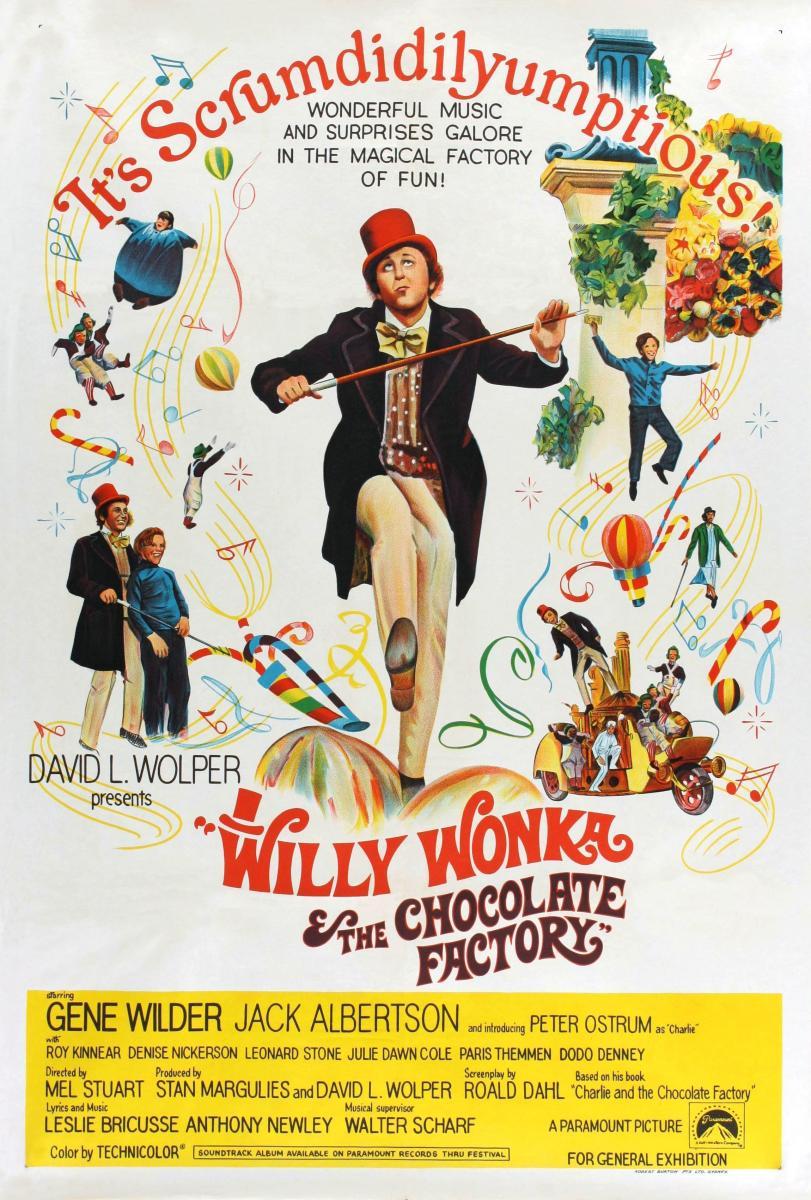
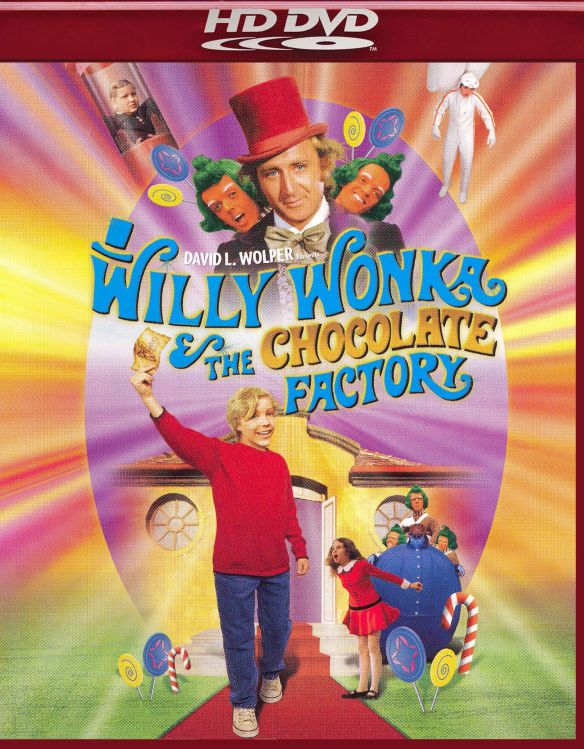
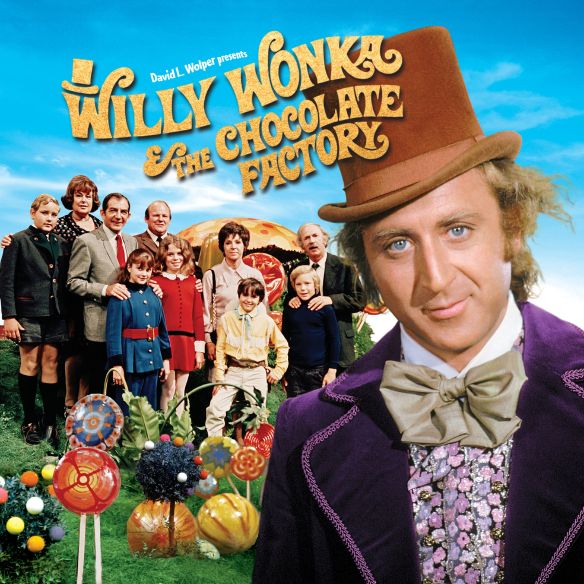
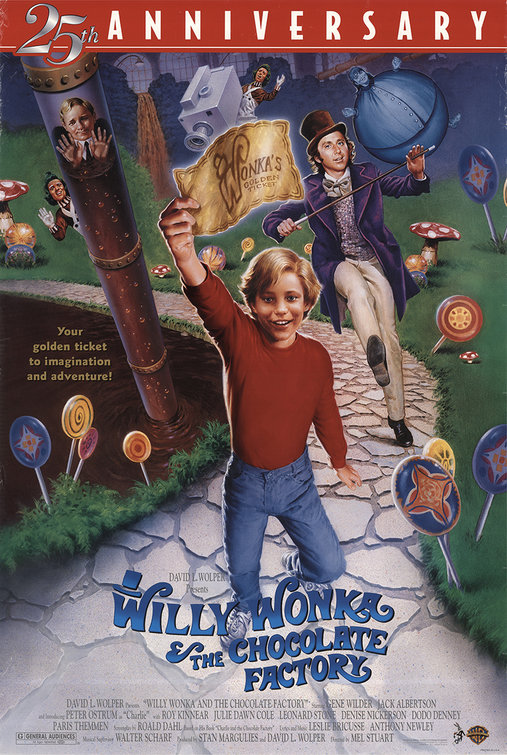
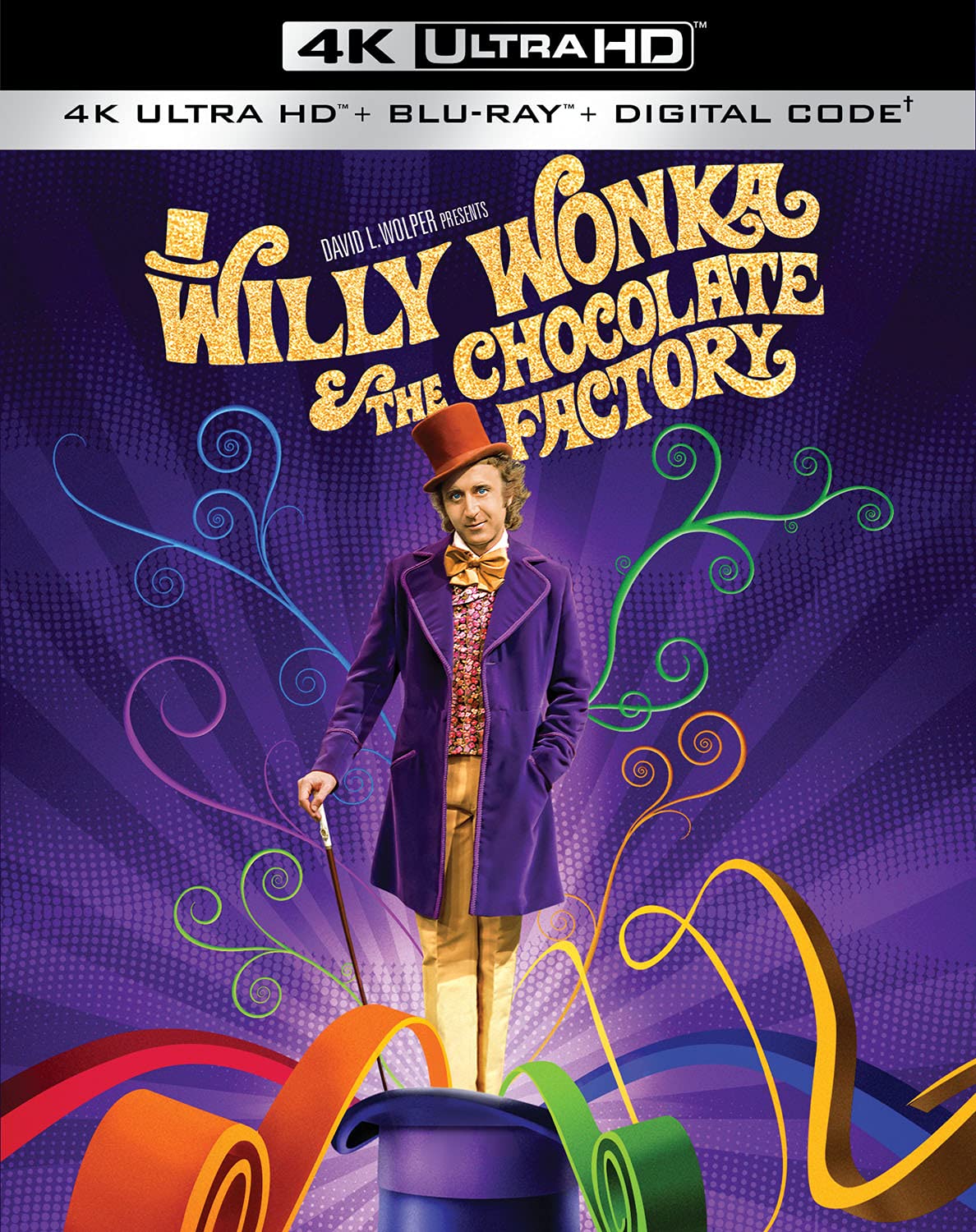
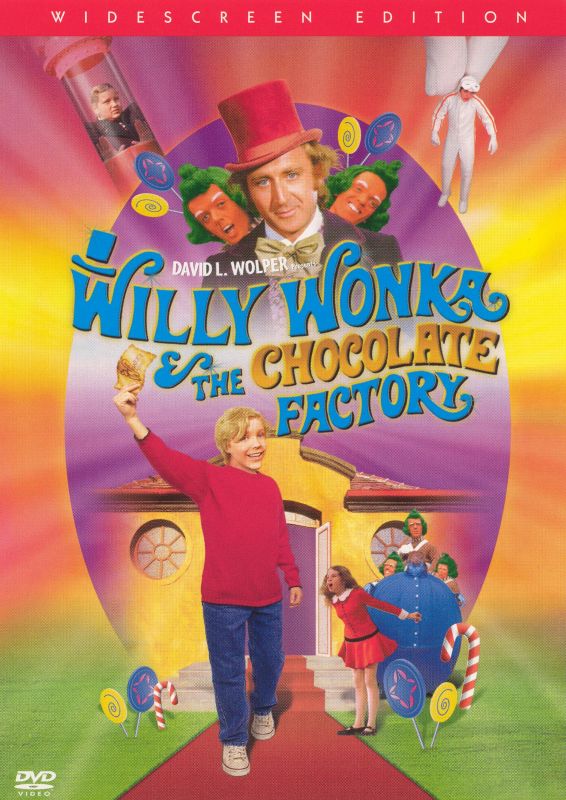
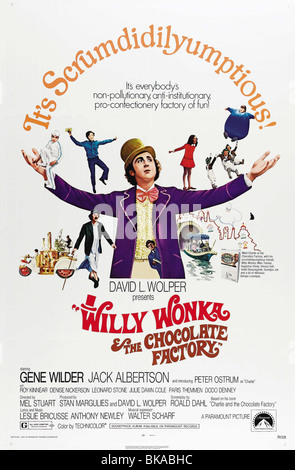
Closure
Thus, we hope this text has offered useful insights into A Golden Ticket to Creativeness: Revisiting Mel Stuart’s "Willy Wonka & the Chocolate Manufacturing unit" (1971). We admire your consideration to our article. See you in our subsequent article!